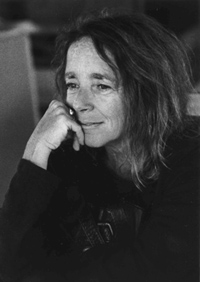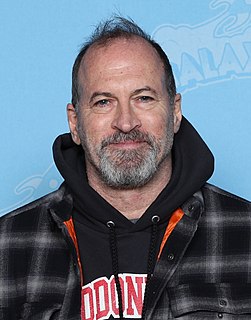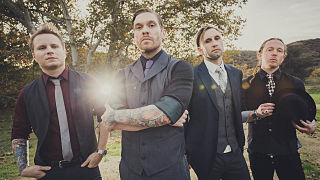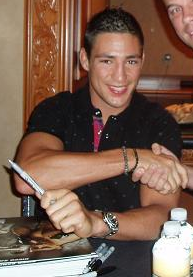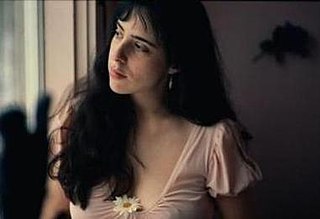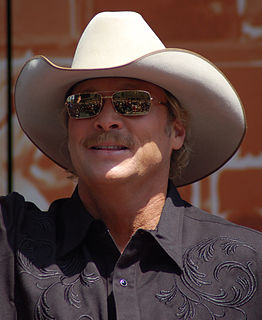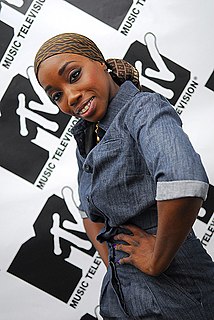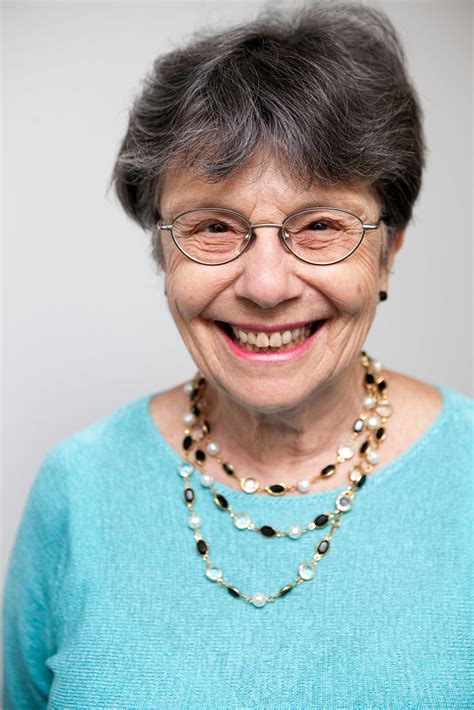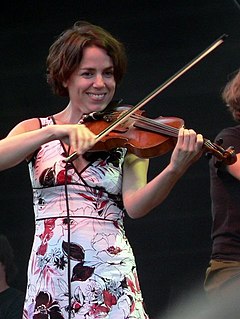A Quote by Drake
I push myself in a lot of aspects when I write a song. I write a piece and where most people would stop and say, 'Oh, that's the hook right there,' I'll move that to the first four bars of the verse and do a new hook.
Related Quotes
I don't get particularly precious about things like this, though. Like the record company said, "We need a radio edit that delivers the hook" - I don't even know what they consider the hook in that song ["Oh No"] - "that delivers the hook sooner." So I'm like, "Okay. I see that." And they were all walking on eggshells, like is this going to be sacrilegious to me or something, to mess with this art I've created? And I'm like, "Great. I get to tinker with it, I get to mess with my song some more."
I always try to write a song, I never just want to write a record. Originally I was not writing songs for myself. ....And I can say this, most of the people who have recorded my songs are songwriters themselves. ... Even if I don't release it myself, somebody else might hear it and want to record it. When you write a song, it gives it that potential. When you write a song, a song has longevity. ... So I wanted to sing inspirational music, and that's exactly how I approached it-only the words have been changed to declare my relationship with God. Songwriting is my gift from God.
I don't play a lot of instruments so when it comes to the song writing process I don't have a lot to do with that. A lot of times it's just acoustic guitar and a small riff that produces a song. Ultimately you want to write a song that people are going to enjoy and that you love to play, most importantly you have to write it for yourself first.
I know people think I'm just the Diego Sanchez from the Gilbert Melendez fight. Hook, hook, hook. A crazy brawler. But I realized the best possible fighter would not get hit. He'd close the distance and minimize the chances of the lights going out. I want to fight as long as I can and be as healthy as I can.
There are no limitations with a song. To me a song is a little piece of art. It can be whatever you like it to be. You can write the simplest song, and that's lovely, or you can just write a song that is abstract art. ... A lot of my songs are very serious, I'm like dead serious about certain things and I feel that I'm writing about the world, through my own eyes. ... I have a love for simple basic song structure, although sometimes you'd never know it. ... Most of the songs I wrote at night. I would just wake in the middle of the night. That's when I found the space to write.
I can sit in my room and write a song that I think might be a hit. I can sort of make myself do that, and then I'll play it to a friend, and they'll say, 'Oh, that's nice.' But when something happens to me, and I sit down and write a song to get rid of my emotions, they'll turn around and say, 'Wow, that's great.'
I know that one of the things that I really did to push myself was to write more formal poems, so I could feel like I was more of a master of language than I had been before. That was challenging and gratifying in so many ways. Then with these new poems, I've gone back to free verse, because it would be easy to paint myself into a corner with form. I saw myself becoming more opaque with the formal poems than I wanted to be. It took me a long time to work back into free verse again. That was a challenge in itself. You're always having to push yourself.
I didn't know how write a song, (verse, chorus, verse, chorus, bridge, chorus, bridge, verse), etc., and I didn't know how to write lyrics, so that's when I thought, well, I don't have to write a song with all those verses and choruses or lyrics. I can just sing everything the way I want to. So I sang all the instruments with my voice and just went with it.
I think from a major-label perspective, if you were on the flip side of things and that's the world you were used to working in, your interpretation could be, "Oh, they're having trouble writing songs," when really it's like, "No, I'm not ready to write songs, I don't want to write a song right now, if I did write a song, it would be forced."
My philosophy on writing a song for myself is that I always, always, always want to write a song. I always want to write a song. I realize that as a record producer or a singer or whatever I might not, if I recorded on myself or someone else, the first time out I might not give it the right treatment, so that the world or many people will accept it and it'll be a public hit, or anything like that.

